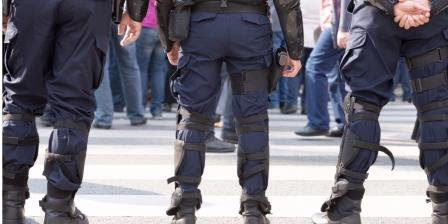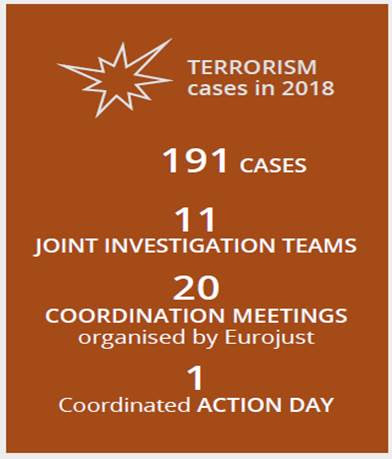Speaker Wolfang Sobotka and Premier Armin Laschet accompanied by Ambassador Dr. Peter Huber – Picture by Land NRW
Friday, 12 July 2019, Düsseldorf, North Rhine-Westphalia: NRW Premier Armin Laschet received the Speaker of the Austrian National Council, Wolfgang Sobotka, for a bilateral meeting at the State Chancellery. Following Speaker Sobotka’s signing NRW dignitaries’ guest book, both sides exchanged views on the current situation in their countries, and in Europe at large in the aftermath of the European elections, and the constituency of the new legislature.
As per statement below Premier Armin Laschet remarked: “The Speaker of the National Council, Wolfgang Sobotka, and I agree that it is important that the European Union has a Commission capable of acting quickly. This Commission must effectively address pressing issues such as climate and energy policy, digitisation, internal and external security and sustainable development”.
Further topics in the talks between the Premier Laschet and Speaker Sobotka were the domestic political situations in both countries as well as digitisation, and broadband expansion in North Rhine-Westphalia and Austria.
As Speaker of the National Council, the Chamber of Deputies of the Austrian Parliament, Wolfgang Sobotka is the fourth highest representative of the Republic of Austria. In addition to Wolfgang Sobotka, Dr. Peter Huber, Austrian Ambassador to Germany, Martin Eichtinger, Minister for Housing, the Labour Market, Europe and Regional Policy, and Karl Wilfing, Speaker of the Lower Austrian Diet, partook in the meeting in NRW.
The Austrian delegation visited Düsseldorf on the fringe of a trip to the Rietberg, Bad Driburg and Hombroich Island Museum garden show parks in North Rhine-Westphalia. The latter are partner gardens in the Europe-wide garden network EGHN (European Garden Heritage Network) of more than 190 gardens, which was initiated by the state of North Rhine-Westphalia and is managed by the foundation Stiftung Schloss Dyck.
For further information
Austrian National Council: https://www.parlament.gv.at:
NRW Government: https://www.land.nrw/de/pressemitteilung/ministerpraesident-armin-laschet-empfaengt-oesterreichs-nationalratspraesidenten
Embassy of Austria to Germany (HE Ambassador Dr. Peter Huber): https://www.bmeia.gv.at/oeb-berlin/
















